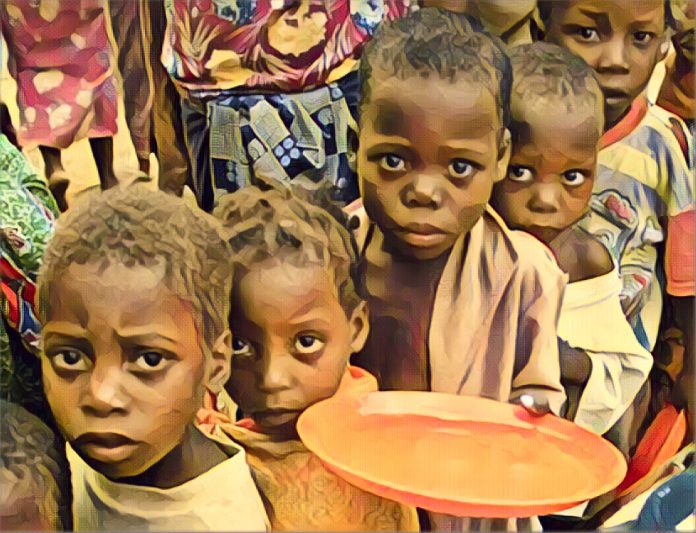In a significant financial move, the International Monetary Fund (IMF) has allocated $65 billion in Special Drawing Rights to Nigeria and other countries grappling with economic challenges. This development comes against the backdrop of the IMF’s alarming report revealing that 25 million Nigerians, accounting for 13 percent of the population, are currently facing food insecurity. The report, part of the IMF’s Post Financing Assessment (PFA), highlights the growing concerns over poverty rates, which stood at 37 percent in 2022, and forecasts a modest economic growth of 2.9 percent for 2023, with an anticipated slight increase to 3 percent in 2024, buoyed by an expected revival in hydrocarbon performance.
The financial institution’s analysis underscores the critical need for comprehensive reform, emphasizing that successful development and implementation of a reform agenda could significantly enhance Nigeria’s medium-term economic outlook. However, the IMF has also pointed out the federal government’s burden of subsidies, specifically urging for the complete elimination of fuel and electricity subsidies, deemed ineffective in reaching the most vulnerable segments of the population. This recommendation aligns with the Nigerian government’s acknowledgment of the heavy financial toll of electricity subsidies, which consumed N375.8 billion between January and September 2023, while power consumers paid N782.6 billion in the same period.
The IMF’s call for reform is twofold, advocating for immediate cessation of subsidies and proposing temporary, targeted social support to alleviate the ongoing cost-of-living crisis. This strategic approach aims to navigate the fine line between addressing urgent humanitarian needs and maintaining debt service, including obligations to the Fund. The report stresses the necessity of aggressive monetary tightening and fiscal adjustments, complemented by international development partner support, to reestablish macroeconomic stability.
Praising the Nigerian government’s initial reform efforts, the IMF highlighted significant policy shifts undertaken by the new administration, including the contentious removal of fuel subsidies and the unification of exchange rates. The Central Bank of Nigeria’s (CBN) renewed commitment to price stability and the government’s ambitious revenue mobilization and digitalization agenda were also noted as positive steps towards addressing the country’s economic challenges.
Nigeria’s struggle with external financing shortages, surging global food prices, and domestic issues such as poverty, food insecurity, and a stalled per capita growth, paints a complex picture of a nation at a crossroads. The IMF’s recommendations, including the continuation of monetary policy rate increases until achieving positive real terms and a focus on improving public service through revenue mobilization and digitalization, reflect a roadmap towards sustainable economic health and growth.
As Nigeria grapples with these recommendations amidst its economic recovery efforts, the IMF’s financial support and guidance offer a beacon of hope for overcoming current challenges. However, the path forward requires careful navigation of policy reforms, targeted support for the vulnerable, and strategic international cooperation to ensure a stable, prosperous future for Africa’s largest economy.



